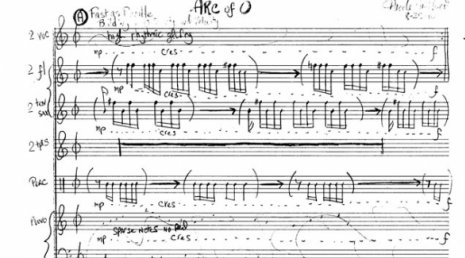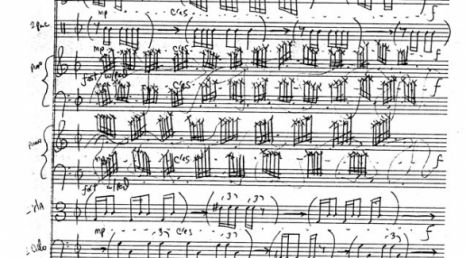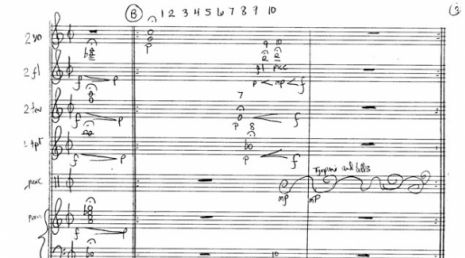Impact of Vision
"...I had the idea of creating a melody for each person that walked by, reflecting on how people seemed to me...I was trying to find a way to communicate with people through the improvisation. It wasn't necessarily that I was trying to play jazz...I was just trying to connect."
From An Improvised Life by Peter Margasak in Chicago Reader, August 2, 2007.
I have work that varies in political content. As an African American artist, I recognize three different approaches in relation to my work and the work of other artists. Many African American artists (visual art, film, music, dance...) focus on Reflection of what is. They want to the point out how things are for Black people right now in a realistic sense and what is wrong with society. It's like looking in the mirror.
Another group of African American artists I would define as Historically focused. They want us to remember what has happened, and honor the concept of 'Sankofa' that says, 'You have to know where you have come from to know where you are going to.' Some of my work, comes out of this aesthetic, including my orchestra piece for Harriet Tubman, 'Stealing Freedom in Broad Daylight,' and music I've composed that has been inspired by the blues, R&B, hip-hop, Afrobeat, swing and post-bop. Historically focused artists make work that helps us to remember our heroes and what has happened in the past.
The third and smallest group of African American artists are visionary.
This group wants to bring us something new. They want to show us a new world and new possibilities. They may relate us to what is known and show us a bridge to a alternative future. They visit other realities and imagination in their work. This concept of Visionary Art is what I most identify with in my work. My desire is to create music that can be transformative and invite us to question both the music and our reality.
"...I want to leave that mark, that aesthetic of whatever is coming through me as a woman, as a channel for that feminine energy. I think that people get this idea about what that creative feminine aspect is, and it's usually not understood. Because there's a real power and strength, just as there is to the power of nature, and the power of mother...That power isn't really celebrated in our society right now."




